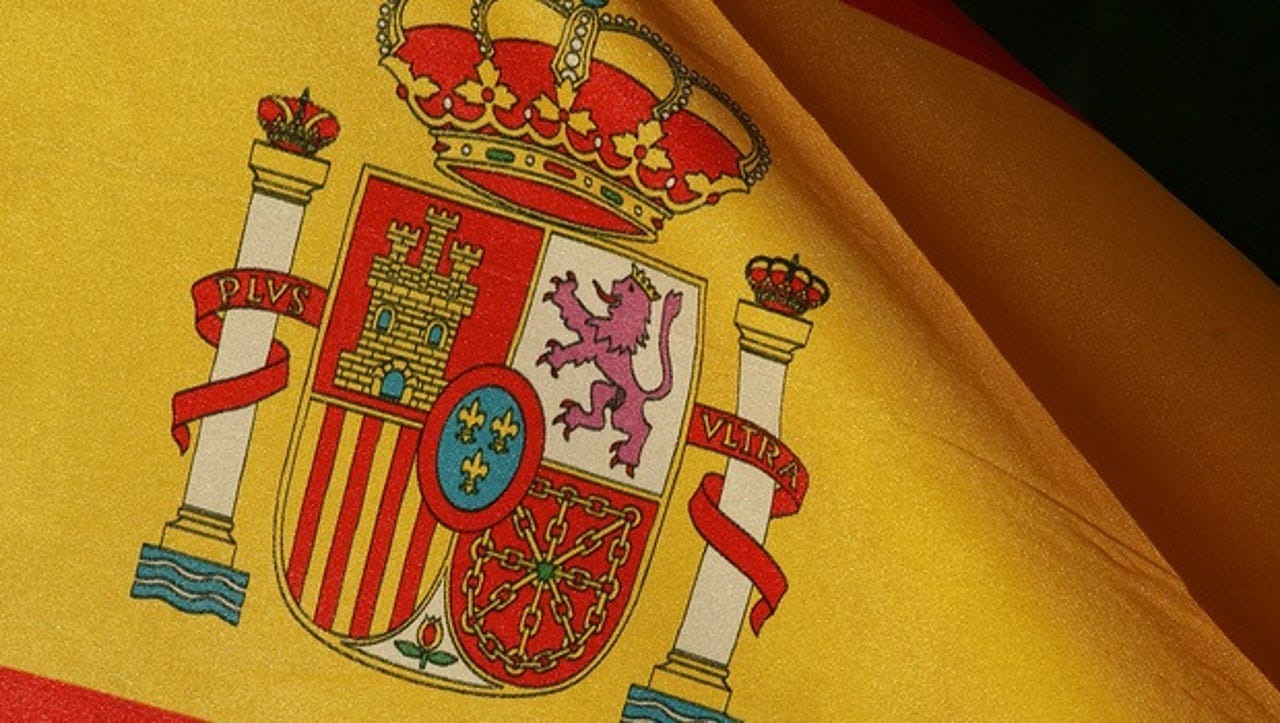U.S. 'threatened to blacklist Spain' over SOPA-style law

Spain has this week adopted a law similar to that of the SOPA in the United States, allowing sites to be blocked at ISP-level if they are found to be distributing copyrighted material.
But how the law was passed involved alleged political pressure and 'underhand' involvement from the U.S., according to Spanish newspaper El Pais.

In 2010, the disclosure of Wikileaks' diplomatic cables effectively killed off Spain's anti-piracy "Sinde Law", named after the then-culture minister.
The 250,000 odd diplomatic cables released by Wikileaks last year included messages from the U.S. Embassy in Spain. The Electronic Frontier Foundation (EFF) accused the U.S. government of "bullying" Spain into passing the anti-piracy laws.
Just as the European Union forced the U.S. to play ball in data protection practices -- even though it has no jurisdictional right to do so -- the U.S. used the Special 301 Report to push lax-copyright enforcing nations into complying with U.S. anti-piracy standards.
The U.S. demanded that the Spanish government take action to enact tougher policies on file sharing by passing the Sinde Law, or the U.S. would retaliate with trade restrictions or embargoes.
While the UK is safe from U.S. pressure with the Digital Economy Act, other countries on the list include China, Russia, but also Canada, much to the surprise of many.
The cable in question, from the U.S. ambassador back to Washington, read:
"We propose to tell the new government that Spain will appear on the Watch List if it does not do three things by October 2008. First, issue a [Government of Spain] announcement stating that Internet piracy is illegal, and that the copyright levy system does not compensate creators for copyrighted material acquired through peer-to-peer file sharing. Second, amend the 2006 “circular” that is widely interpreted in Spain as saying that peer-to-peer file sharing is legal. Third, announce that the GoS will adopt measures along the lines of the French and/or UK proposals aimed at curbing Internet piracy by the summer of 2009."
But the outgoing government could not pass the legislation, and "failed to finish the job for political reasons, to the detriment of the reputation and economy of Spain", said the U.S. ambassador in a letter obtained by newspaper El Pais.
During the final days of the Spanish administration, the U.S. ambassador attempted once more, imploring the government to introduce the Sinde Law immediately.
In a letter to the Spanish culture minister, sent also to the Spanish prime minister, the U.S. ambassador explained that the country was already on the Special 301 list, and threatened to degrade the country even further.
TorrentFreak reports that should the country be added to the "Priority Watch List", it would be in violation of trade agreements from the U.S. and further sanctions and 'retaliatory actions' could be applied.
The government left office, and the Partido Popular ("People's Party") administration took office late last month. The U.S. was quick to pressure the new government, and subsequently the Sinde Law came into force two days ago on January 3rd.
Behind-the-scenes lobbying is not uncommon, particularly when private industry is heavily affected the laws in question. But it does appear to explain why the flip-flop between one government failing to enact tough SOPA-like anti-piracy laws, and a new government quickly ratifying it.
Image source: Flickr.
Related:
- SOPA: Why the ‘broken web’ should stay broken
- ‘We had no evidence for anti-piracy law’, UK government admits
- European Court of Justice rejects ‘SOPA-like’ online piracy filter
- French presidential officials caught illegally downloading music
- ISPs versus SOPA: Anti-piracy bill could force severe privacy-invading measures
- Student faces U.S. extradition over 'pirate-TV link' website